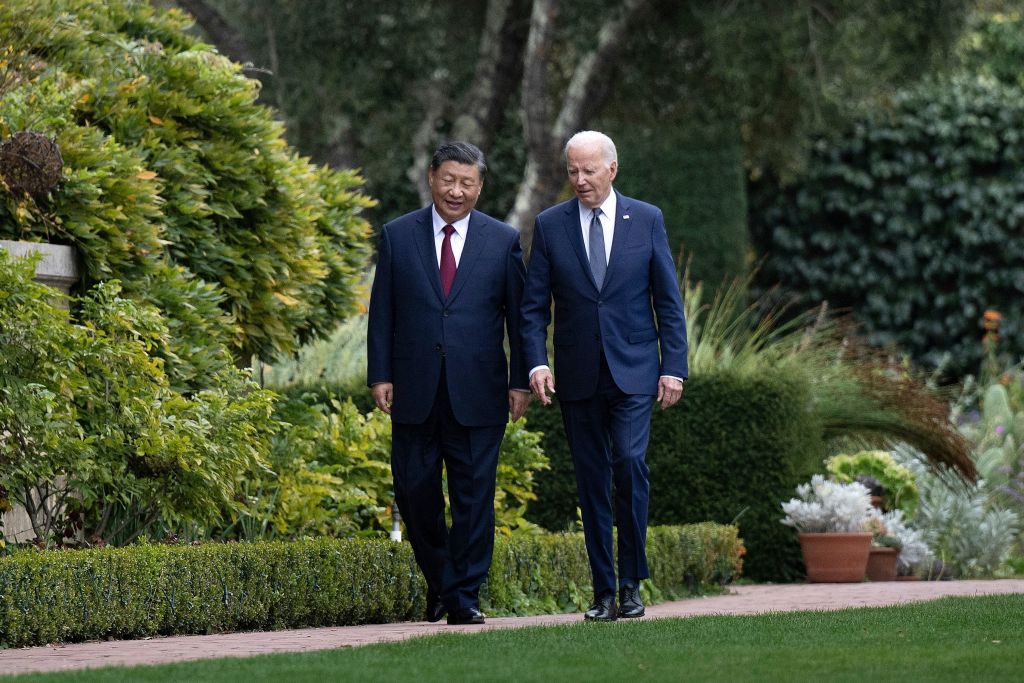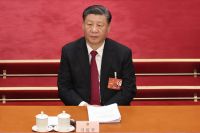Perhaps the most important achievement of the summit between Xi Jinping and Joe Biden was that it was held at all. Expectations were set low and were duly met – assuming the modest agreements are carried through. There was little progress on issues that have pushed relations to the lowest point in four decades, and Xi still remains a ‘dictator’ in the eyes of the American president. Asked if he still held that view at the end of a carefully choreographed solo news conference, at which only four questions were allowed, Biden said, ‘Look, he is. He’s a dictator in the sense that he runs a country that’s a communist country and is based on a form of government that is totally different than ours,’ That is of course a truism, but Beijing bristled last time Biden used the word, and how the Chinese Communist Party barks back will be a measure of whether this summit really has made any fundamental difference.
Xi may be overestimating the continued magnetism of the Chinese economy to western businesses
The four-hour summit, held at the historic Filoli estate on the eastern slope of the Santa Cruz mountains, around 45 km south of San Francisco, was the first meeting between the two men for a year, and was held on the sidelines of the Asia Pacific Economic Cooperation (APEC) meeting in that city.

Get Britain's best politics newsletters
Register to get The Spectator's insight and opinion straight to your inbox. You can then read two free articles each week.
Already a subscriber? Log in







Comments
Join the debate for just £1 a month
Be part of the conversation with other Spectator readers by getting your first three months for £3.
UNLOCK ACCESS Just £1 a monthAlready a subscriber? Log in